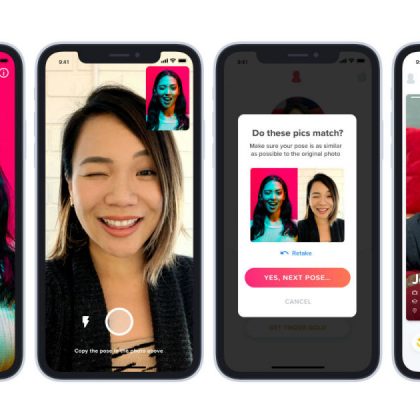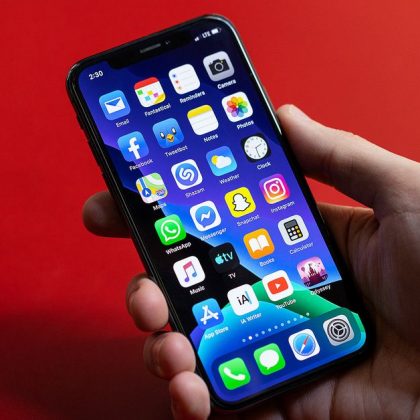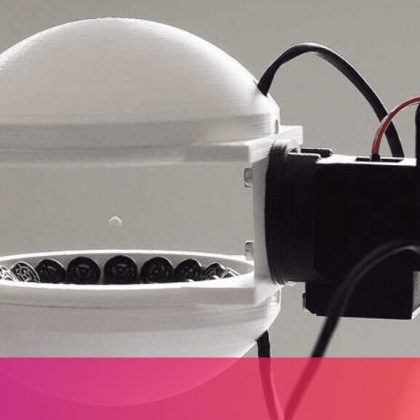At Konami’s headquarters in Las Vegas, its facial recognition powered cameras tracked me around the room. Alfred Ng / CNET This story is part of CES 2020, our complete coverage of the showroom floor and the hottest new tech gadgets around. Konami Gaming, a slot machine maker, wants to weave facial recognition into its one-armed bandits. During a visit to its Las Vegas headquarters to hear more about its plans, I quickly discovered what the world would be like if facial recognition is everywhere. “Hello, Alfred,” said a measured, robotic voice, startling me. It came from a kiosk called “Biometrics Welcome Console” positioned right next to the door of the conference room where my meeting was held. The kiosk knew who I was because Konami had set up a profile for me, using a public photo from my CNET bio without telling me. The facial recognition tagged me before I’d even said hello to the Konami team members in the room. I looked at the screen showing the photo the kiosk took of me when I walked in. The camera had caught just my eyes and nose. Still, the facial recognition software calculated it detected me with 60.5% accuracy.”Any picture you use online can be used to identify you already,” Sina Miri, Konami’s vice president of innovation and strategic research and design, told me. Konami had also set up profiles of my colleagues at the visit, again without telling them. Now playing: Watch this: Google’s Nest Hub Max smart display tracks your face 6: 01 Throughout the interview, Konami’s facial recognition cameras followed us. They captured our images so many times that the kiosk kept greeting us long after the meeting started. Eventually, a Konami staffer resorted to covering her face with paper to keep the machine quiet while we stood out of its view.The exchange, which Konami saw as a positive demonstration of its capabilities but which I viewed as an invasion of privacy, illustrates the fine line that facial recognition needs to walk. Technology companies can’t wait to incorporate the feature, which can as benign as Face ID on your iPhone, into more gadgets and systems. But consumer advocates worry it’ll have a chilling effect on our private lives.Konami set up a facial recognition profile for me using my CNET profile picture without telling me. Alfred Ng / CNET Meanwhile, facial recognition’s spread marches on. Over the last decade, anything you can think of — toothbrushes, televisions, cars, refrigerators and even beds — has been connected to the internet. Within the next 10 years, facial recognition companies hope to do the same with their technology. CES 2020, where many of these companies showed their wares, was a glimpse into what the future of surveillance could look like. The annual tech conference was a prime spot to help make the biometric service mainstream. Just as connecting a television to the internet was a fairly new concept in 2011, a world filled with facial recognition is essentially uncharted territory now. That might change fast.
Read More
10January





